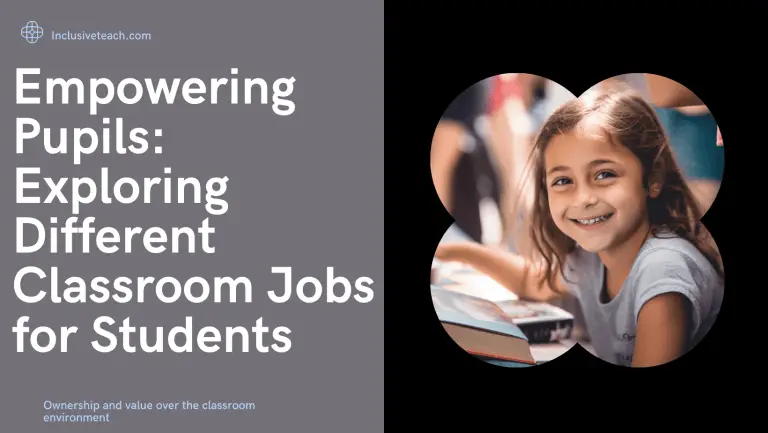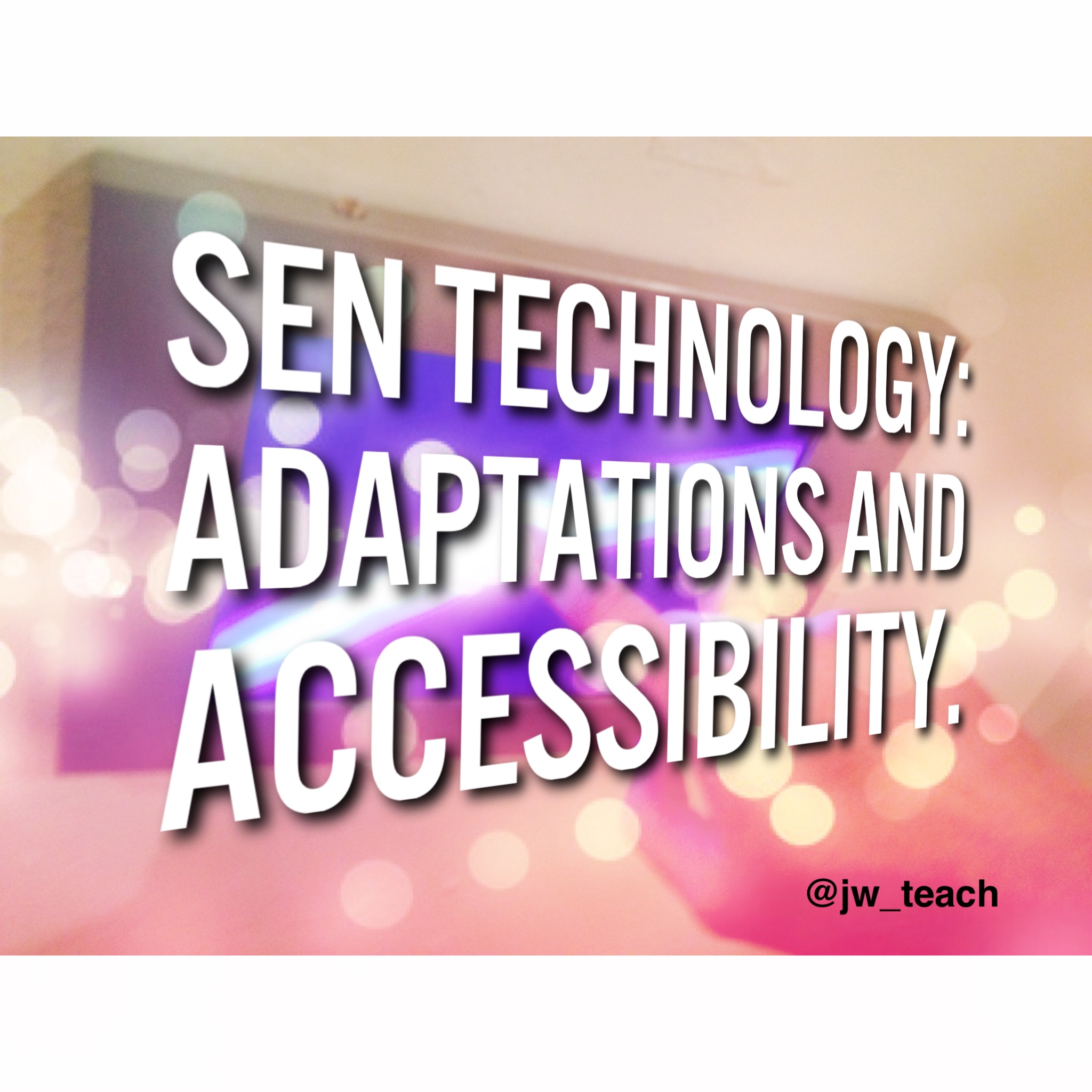Mastering Data Tasks: School Leadership Interviews
School Leader Interview Data Tasks
Data tasks will be included during and deputy, assistant or headteacher recruitment process. They are an essential part of succeeding in school leadership roles. Mastering data tasks is the key to landing these positions and approaching them with confidence will help. Understanding data analysis and interpretation is a crucial skill to have when it comes to leading a school and making informed decisions. With the right skills, you can be confident you have the best chance of securing that dream job. This article forms part of our school leader recruitment series.
Mastering Interview Data Tasks For Deputy and Assistant Headteacher Jobs
Mastering data tasks is essential for school leaders looking to land headteacher positions. In today’s data-driven world, schools are constantly collecting data on student performance, teacher effectiveness, HR, budgets and school site management operations. As a result, school leaders must be proficient in collecting, analysing, and interpreting this data to make informed decisions that improve student outcomes. Understanding the role of data tasks in school leadership interviews is crucial. Developing skills in data analysis and interpretation, keeping up with changes in technology and data management systems, and utilising online resources and professional development programs are all key to mastering data tasks. You must demonstrate competency in working with different types of data. With the right skills, knowledge, and tools, school leaders can leverage data to make informed decisions that drive school improvement projects and student outcomes.
Understanding the Role of Data Tasks in School Leadership Interviews
Understanding the role of data tasks in school leadership jobs is crucial for aspiring educators who wish to land their dream job. Schools and educational institutions are increasingly recognising the importance of using data to make informed decisions. Therefore, school leaders are expected to possess advanced skills in collecting, analysing, and interpreting data. As a Headteacher or Deputy you must be able to make sense of complex data sets and use them to develop evidence-based strategies and interventions that drive student achievement.
Data should never be used out of context. To be most successful you need to glean as much information from pre-application visits and research into the school and local community as possible. I even look at the school’s social media and YouTube channels. This is often where capable internal candidates can have the edge. They may know poor results in one department are down to a high number of ECTs or high sickness levels. You can never second guess the panel and to get an idea of what the data task may be you will have to look at the school’s progress data and latest Ofsted report. Assistant headteacher interview data tasks are likely to look at attainment data specifically, headteacher data tasks could be on anything from HR to Finances (probably finances).
5 Reasons why interviews for school leadership roles include data analysis tasks:
- Decision making – They want to assess the candidate’s ability to interpret, understand and use data to make well-evidenced decisions that impact the school.
- Problem-solving – Providing data sets related to common school issues tests how candidates would analyse challenges, identify causes and strategise solutions.
- Financial awareness – Tasks involving budgets, spending reports etc. determine the leader’s financial literacy and ability to weigh costs versus benefits.
- Stakeholder communication – Presenting findings to the panel mirrors justifying plans to staff/parents/governors using data to gain support and buy-in for initiatives.
- Strategic planning – Successful interpretation shows how the candidate would use measurable outcomes to design and refine long-term organisational strategies and development plans.

Develop Your Skills in Collecting, analysing and Interpreting Data
Developing your skills in collecting, analysing and interpreting data is crucial for anyone aspiring to be a successful school leader. As a headteacher you will be responsible for analysing data related to student performance, attendance, behaviour, safeguarding and the effectiveness of the curriculum. To develop your skills in data analysis, you need to start by familiarising yourself with data collection tools and software.
You can also attend professional development programs and online courses that teach data analysis skills. All of the NPQ programmes will have an element of using data included within them. The NPQH is heavily focussed on using data to make informed decisions. Keeping up with changes in technology and data management systems is also crucial. Schools use a variety but for the interview task you will be given a generic format or even a printed sheet of data. It will help to talk about the systems you are familiar with and ask how the school finds the current systems.
For the data interview task demonstrate your competency in working with different types of data, by providing examples of data-related projects in your current role. This will showcase your impact to the recruitment panel. An example of using data to plan and evaluate a project – and most importantly the impact that had.
Keeping Up with Changes in Technology and Data Management Systems
School leaders need to keep up with changes in technology and data management systems. To stay ahead of the curve, make use of online resources and professional development programs. This includes attending workshops and conferences like BETT, participating in online courses, and seeking out networking opportunities where you can discuss systems and their Pros and Cons with colleagues rather than the marketing teams of EdTech companies.
Demonstrate Your Competency in Working with Different Types of Data
Here are some examples that could demonstrate competence working with different types of school data, always bear in mind the “so what..?” question in the interview panel’s minds, what did you do with the data?:
- Attendance data:
- Analyse trends to identify students at risk of truancy.
- Implement early intervention strategies and track impact over time.
- Present findings to senior leadership.
- Assessment data:
- Collate summative assessment results from different year groups and subjects.
- Conduct analysis to determine strengths/weak areas in curriculum delivery.
- SEN provision and progress, liaising with your SENCO
- Make evidence-based recommendations to inform the revision of schemes of work.
- Behaviour incident logs (SEN/SEMH Schools):
- Extract anonymized data on types of incidents, locations, time of day patterns etc.
- Create infographics/charts to present patterns to staff during an inset day, enabling discussion on Prevention strategies.
- Exclusion/sanction records:
- Analyse data for trends in reasons/student profiles.
- Note correlation with other data sources to address underlying causes.
- Propose behaviour policy revisions to senior leadership to potentially reduce rates.
- Survey/feedback data:
- Administer student/parent/teacher surveys on wellbeing, bullying, resources etc.
- Analyse responses using statistical software like excel.
- Present summarized results highlighting areas requiring attention along with proposed action plan.
- Student progress data:
- Track attainment/progress measures over time for individuals and groups.
- Identify underachieving students for targeted support.
- Demonstrate impact of interventions through comparison to control group.
- Track participation levels in Free School Meals (FSM):
- Identify and address changes in school cohort and potential levels of deprivation.
- Liaise with catering team on menu changes, costings.
- Show impact through improved links with Pastoral and academic support systems within the school.
Three Key Points about Answering Data Tasks
- Look for Trends over time
- Suggest possible explanations based on your experience or knowledge of the school
- Question anomolies, stand outs etc – Could this suggest inaccurate recording
- Communicate your ideas confidently, clearly, and succinctly
- Look for errors (especially in budgets, have they left of a 0 or a -) They may do this to catch you out.
Successfully completing the interview data tasks is not only important but also essential for successful school leaders. The role of data tasks in school leadership jobs cannot be overstated as it helps leaders to make informed decisions that can drive student achievement and improve overall school performance. School leaders need to develop their skills in collecting, analysing, and interpreting data. More importantly, they need to show they know how to use data to drive school improvement. If you are faced with a school leader interview data task look for patterns, and errors and carefully check totals and percentages. Data exercises give the interview panel insights into critical leadership skills for driving standards, accountability, continuous improvement and delivering outcomes through informed, evidence-based management of the school.






